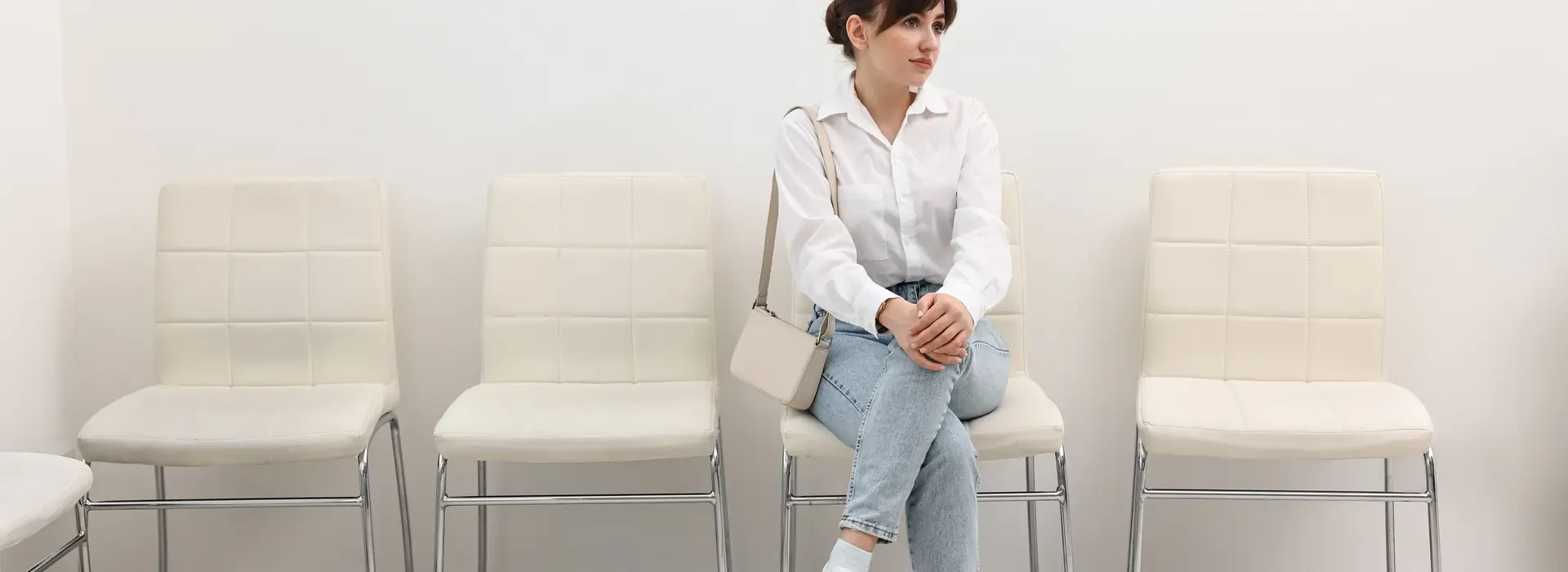Cannabis, most commonly known as weed, is one of the most commonly abused drugs worldwide. While many places have legalised its use for both medical and recreational purposes, the drug still has a high potential for addiction and misuse. Long-term use of marijuana may have negative effects on the body, especially when unregulated.
If you’re trying to quit using or smoking weed, then this article may help. We’ll outline some helpful tips about how you can stop using the drug so that you can live a sober and more fulfilling life.
How to Stop Weed Addiction
If you smoke weed regularly, it can be a serious problem that not only affects you but also the people around you. If you are starting to notice that you are suffering negative consequences from dependence on marijuana, learning how you can quit smoking weed will help make life more manageable and enjoyable.
Identify Underlying Problems
Identifying what’s causing your addiction can be a good start in quitting the drug. Think about your usage patterns and what may trigger you to use it. Take some time to reflect and ask why you use the drug. Do you use it to escape certain emotions? Or are you using it to cope with stress and anxiety?
Another way to identify underlying problems is to try and journal and track your emotions. Every time you use weed, try to write down what you’re feeling and what compelled you to use the drug. These reasons may help uncover deeper issues tied to your weed dependence.
Set Clear Goals
When you set clear goals, you create a clear path on what you want to achieve. The goals will help you come up with different concrete actions that make it easy to quit cannabis use for good.
Every time you set goals, break them down into smaller steps. Try to take it a few days at a time. This makes it more manageable so that you don’t get overwhelmed with everything you have to do to achieve your goal.
Additionally, setting goals can help you plan for challenges. In case you encounter setbacks like cravings and social settings that include weed use, you know what to do, not to give in.
Build a Strong Support System
A good support system consists of close friends and family members who can give you strength throughout your journey without judgement. These people are important since they can check in regularly and offer encouragement when times get difficult.
Additionally, support systems can be people you’ve just met. Support groups like Narcotics Anonymous (NA) or weed-specific online communities can help you find people who share the same struggles. Feeling like you’re part of a community that’s working towards the same goal is essential to help you feel less alone during the journey.
Develop Healthy Habits
Developing healthy habits can be another way to address marijuana dependence. One way to create healthy habits is to explore activities that don’t involve weed use or any other harmful substances. Look at other activities you enjoy. Maybe you enjoy going to workout classes, or you might like cooking and the arts.
It’s also important to try and establish a routine that doesn’t include cannabis consumption. Dedicated times for waking up, work, and leisure activities can help fill the time previously spent on using weed. Avoid paraphernalia in your home and environment to remove the temptation to use it again.
Celebrate Small Wins
Celebrating small wins is very important when trying to quit any drug addiction. To stop consuming weed isn’t easy, and giving yourself some grace on how far you’ve come can offer more motivation.
Try to celebrate small wins by treating yourself to a good meal or a self-care day. These positive reinforcements can make staying on track and maintaining sobriety easier.
Educate Yourself About Addiction
Educating yourself about addiction and its effects can also motivate you to move on from bad habits. Addiction has profound effects on health and overall well-being, and learning about it can motivate you to quit.
Proper education can also help you identify when your use of the drug is getting problematic. This way, you can seek proper help for the issue.
Seek Professional Help
Lastly, if you think that you’re struggling with substance use disorder, then seeking professional help is the best option. This is highly recommended for those who have attempted to quit multiple times but failed.
Professionals can guide you on what to do whenever triggers are present. They can also refer you to an addiction treatment programme if needed.
Is Weed Addictive?
Yes, weed can be addictive for many people. People addicted to it suffer from a condition called Cannabis Use Disorder (CUD). While not everyone who uses weed becomes addicted to it, the drug still affects the brain and causes dependency.
Weed has an active psychoactive component called THC (tetrahydrocannabinol). THC interacts with cannabinoid receptors in the brain and makes you feel high. It produces feelings of euphoria or relaxation, which can lead you to repeatedly use the drug and eventually become addicted to it.
Prolonged use will also start to create changes in the brain that can be difficult to reverse. The changes in brain chemistry will make it harder to quit. When this happens, professional help is needed.
Can I Quit By Going Cold Turkey?
It’s possible for people who aren’t heavily dependent on weed to quit weed cold turkey (abruptly quitting the drug). Mild or moderate cannabis users may have an easier time quitting cold turkey since weed hasn’t significantly affected their overall function. While mild withdrawal symptoms may occur, the symptoms are generally tolerable.
However, those who have been smoking weed for a long time may experience more intense withdrawal symptoms. In this case, a medical detox programme is highly recommended.
Without a good support system during the withdrawal phase, there is an increased risk of complications and relapse. Medical support can provide the proper guidance to manage and overcome withdrawal symptoms.
Does Quitting Weed Cause Withdrawal Symptoms?
Quitting weed can cause withdrawal symptoms, especially if you’re heavily dependent on the drug. Those who try to quit the drug after a prolonged time may experience withdrawal symptoms, such as:
- Irritability
- Aggression
- Restlessness
- Insomnia
- Depressed mood
- Loss of appetite
- Intense cravings for the drug
- Chills
- Headaches
Do I Need Addiction Treatment to Stop Smoking Weed?
While people who smoke weed don’t necessarily need to seek professional addiction treatment, those who exhibit signs of addiction must do so. Professionals can help you get to the root of your addiction and develop healthy coping mechanisms to overcome it.
You may need addiction treatment to stop smoking weed if you:
- You can’t limit or control your use of the drug, even if you want to.
- You are neglecting responsibilities to keep taking weed.
- Continue using weed despite negative consequences.
- You are experiencing financial and/or relationship problems because of using the drug.
- Feel like your life constantly revolves around using the drug.
- Take weed to cope with psychological or emotional issues.
- Experience withdrawal symptoms every time you try to quit or taper off the drug.
Weed Addiction Treatment at Liberty Home Clinic
Addiction is an issue that requires professional help. Although some people claim they can easily quit using marijuana without professional intervention, it’s best not to attempt this because it can cause serious complications.
At Liberty Home Clinic, we offer comprehensive addiction treatment so clients can overcome weed misuse and other substance use disorders. Our team will guide you on how to address your addiction best to achieve long-term recovery and prevent relapse. Contact us today to learn more.
Frequently Asked Questions (FAQs)
What are the Risk Factors for Weed Addiction?
Certain factors increase the risk of addiction. These may include a family history of substance use, heavy marijuana use, mental health issues like anxiety or PTSD and easy access to drugs.
What Is the Relationship Between Addiction and Mental Health?
Weed misuse and mental health issues often coexist, with some using substances to escape negative emotions while others develop mental health conditions from heavy drug use. A specialised treatment approach called Dual Diagnosis is needed to address both addiction and mental health disorders simultaneously.
What Are the Benefits of Quitting Weed?
Some of the benefits are physical but quitting the drug can provide significant benefits when it comes to managing your emotions and communicating with others. You can expect to have stronger relationships with your loved ones when the drug isn’t your life anymore.
How Long Does Withdrawal from Weed Last?
Withdrawal from weed can last anywhere from a few days to a few weeks. For those heavily dependent on the drug, the first few withdrawal symptoms will appear around 24 to 72 hours after stopping the drug. Withdrawal symptoms will peak around 4 to 7 days after last use.
Is Weed the Same as Marijuana and Cannabis?
The terms weed, marijuana, and cannabis are often used interchangeably. However, to be specific, cannabis is the scientific name of the plant, while marijuana refers to the dried leaves and flowers of the cannabis plant. Weed is one of the most common street names for marijuana. Other street names include pot, grass, ganja, and Mary Jane.







